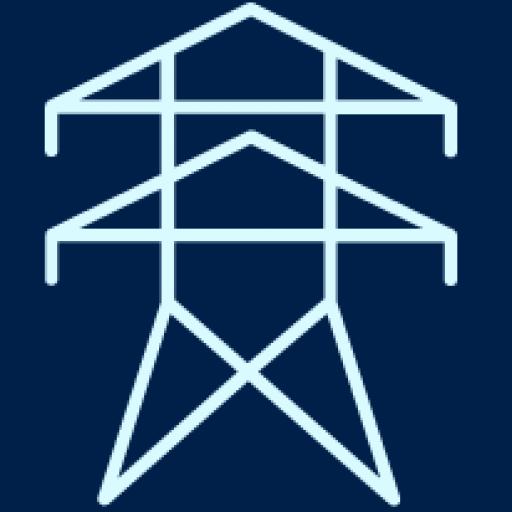Power System Studies
Power and Grid Engineering has specialist expertise in power system studies, modelling and detailed analysis for electrical networks, industrial installations and grid connections. We can model and assess your project, power system network, conventional or renewable generation, energy or battery storage system. We would then evaluate the system performance, compliance, reliability, availability and operational behavior under normal, abnormal, steady-state, dynamic and transient conditions. These power system studies assessments will be in line with relevant international standards and local operational practices.
Table of Contents

Power System Studies Services and Solutions
Power and Grid Engineering offer a full range power engineering design consultancy services in power system modelling and analysis for wide range of electrical installations. These services range from High Voltage (400 kV) to Low Voltage (400 V) voltage networks, conventional/renewable generation and energy storage installations.
Our services include design solutions for a range applications from small industrial power systems, distribution networks up to transmission operated assets and associated equipment.
These power system study consultancy services can be provided in the following sectors:
- Conventional Power Stations (Coal, Gas and Nuclear).
- Renewable Generation (Solar, Wind, Tidal and Biomass).
- Renewable Generation (Solar, Wind, Tidal and Biomass).
- Energy Storage Installations (Battery and Pumped Storage).
- Industrial Installations and Private Networks (Manufacturing, Industrial installations and Microgrids).
- Data Centre’s and Building Services (Data Centre networks and LV networks).
Our power system analysis and design compliance engineering services allow a detailed assessment of the following:
- G99 Dynamic Compliance Studies for Distribution Network connected installations (Engineering Recommendation G99 – Types A, B, C and D).
- NESO Grid Code Dynamic Compliance for Transmission Network connected installations (National Grid and Scottish Hydro Electric Transmission).
- Load Flow and Equipment Sizing Assessments (Transformers, Cables, Circuit Breakers, Disconnectors, etc.).
- Short Circuit and Fault Level Studies (IEC 60909).
- Voltage Control and Reactive Power Stability Assessments.
- ENA G99/Grid Code – Frequency Response Assessments (LFSM-O, LFSM-U and FSM).
- ENA G99/Grid Code – Fault Ride Through (FRT).
- ENA G99/Grid Code – Fast Fault Current Injection (FFCI).
- Power Quality and Harmonic Analysis (Engineering Recommendation G5/5, IEEE Standard 519).
- Transient and Voltage Stability Analysis.
- Motor Starting Transient Study.
- Dynamic Performance Assessments.
- Techno-economic Evaluations.
- Design and Grid Feasibility Studies.
- Transformer Inrush (Engineering Recommendation P28) and Flicker Analysis.
- Voltage Unbalance (Engineering Recommendation P29) Assessments.
- Sub-Synchronous Resonance and Oscillation Analysis.
- Insulation Co-ordination Assessments (Lightning and Switching Over-Voltage Evaluations).
- Transient Overvoltage Studies.
- Transient Recovery Voltage Analysis.
- Grid Connection Curtailment Assessments.
- Protection Co-ordination and Setting Studies.
- Arc Flash Assessments (IEEE 1584).
Power and Grid Engineering has significant amount of technical knowledge and experience in a wide range of industry standard power system analysis software tools. Our Chartered Electrical Engineers use advanced software analysis tools such as DIgSILENT PowerFactory, ETAP, PSS/E, IPSA, ATP-EMTP, PSCAD and RSCAD. These tools allow assessment your system to ensure it operates correct and efficiently, allowing recommendations for improvements.
Why Undertake Power System Analysis?
Power system analysis allows the assessment and validation of the electrical design for an installation, ensuring all equipment works correctly, safely within normal operational ranges for normal and abnormal situations. Assessments allow the identification of existing or potential problems within your network to enhance the performance of your project.
The application of power system studies is also part of the grid connection compliance process for connection to transmission and distribution networks. Technical assessments demonstrate compliance to the relevant standards such as Engineering Recommendation G99 or NESO Grid Code performance requirements for your installation. Once these performance requirements are achieved and verified, this allows connection and energisation of your asset to the local power system for project success.
Power and Grid Engineering has also supported clients with innovative approaches to solve non-compliances reducing costs of required mitigation where options are available. This approach enables the optimum solutions to be found, saving both time, additional equipment and installation costs for your project.

